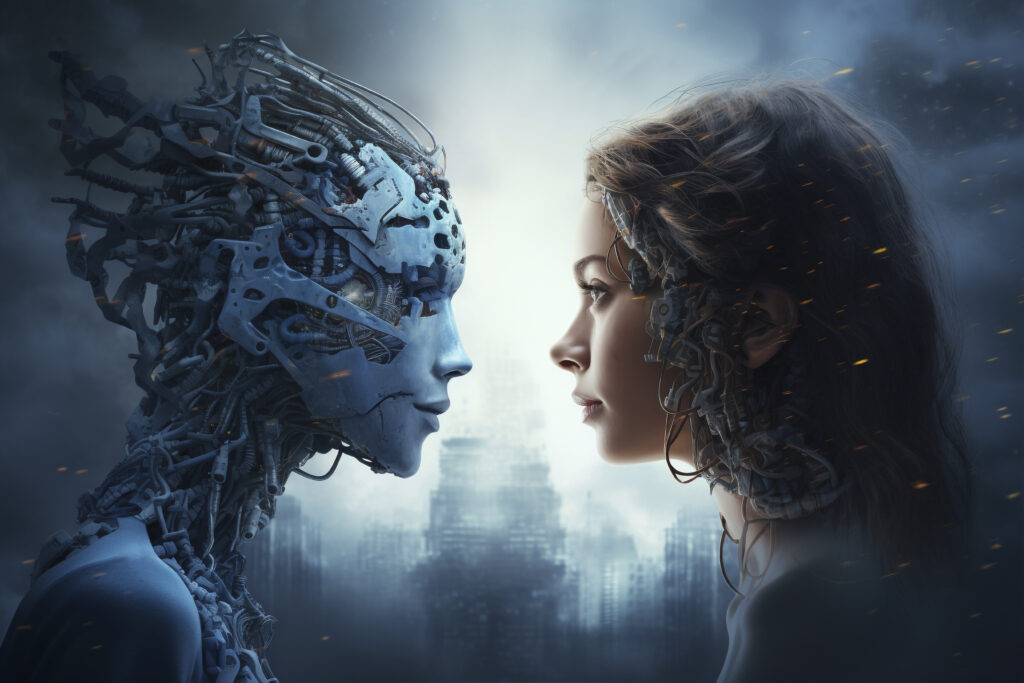AI job losses could leave many workers behind, experts warn
Evidence shows AI job losses are reducing opportunities for recent graduates, though companies are more likely to retrain than dismiss staff.

Nobel laureate Geoffrey Hinton warned AI could increase unemployment and profits as companies replace workers with machines. Hinton told the Financial Times the effects stem from capitalism, with few becoming richer while many are left behind.
Evidence is already emerging that AI is reducing opportunities at the entry level, particularly for recent college graduates. A New York Fed survey shows companies using AI tend to retrain staff rather than lay them off, though layoffs may rise soon.
Hinton highlighted that jobs performing mundane tasks are most at risk, while skilled professions like healthcare are likely to be safer.
Hinton also dismissed universal basic income proposals, arguing they fail to address human dignity or the value derived from work. He warned AI could be misused, including for bioweapons, and noted some governments take the risks more seriously than others.
Despite the potential threats, Hinton acknowledged the enormous possibilities of AI. He uses OpenAI’s ChatGPT for research and humorously recalls personal anecdotes demonstrating its versatility.
Hinton retired from Google in 2023, citing age and personal priorities rather than concerns over speaking freely about AI’s dangers.
Would you like to learn more about AI, tech and digital diplomacy? If so, ask our Diplo chatbot!
